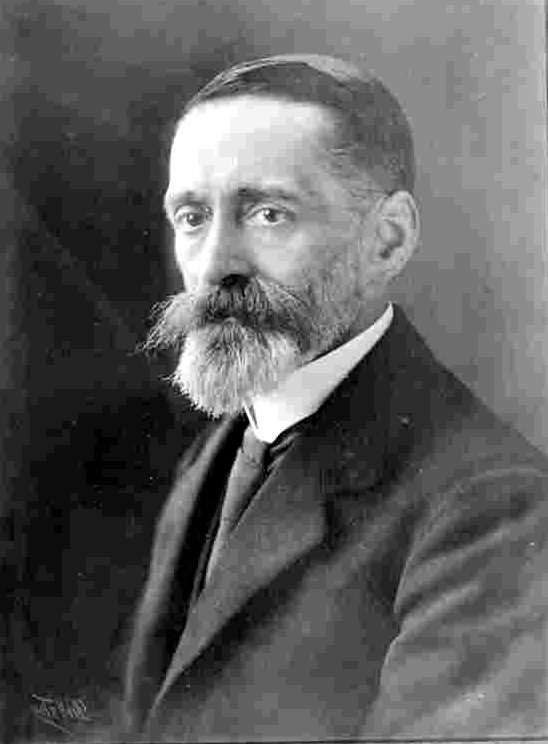“Now, while we must recognise that doctors are, no doubt, partly driven by concern of loss of income to proprietary medicines, when we consider some medicines that are freely available for purchase – and how they are advertised to the public – we must acknowledge that their accusations have considerable merit.
“So much so, that the House of Commons’ Select Committee Report on Patent Medicines of 1914 – published the same day as the outbreak of the Great War – noted that the plethora of available products ‘are of a widely differing character’ with ‘many secret remedies making grossly exaggerated claims of efficacy’ that are ‘put upon the market by ignorant persons and, in many cases, by cunning swindlers who exploit for their own profit the apparently invincible credulity of the public’.
“Gentlemen, you do not consider yourselves cunning swindlers and nor is what you do “a grave and widespread public evil”, as the Select Committee Report would have it. But the harsh truth is that, currently, that is precisely how you may be perceived as there is no means of differentiating your products from that of a lawless pedlar.
“Tomorrow the Ministry of Health comes into being and we can surely expect that they will, in due time, activate the recommendations of the Select Committee Report. This means there will be legislation that governs your products, with the power to prohibit the advertising of a product that does not comply with the law. You can expect strict restrictions around what can be stated within your advertising and for what conditions you may advertise. A fundamental issue for you has been the requirement to divulge your formulae – this will no longer be permitted to remain a secret. Instead there will be a register that details your products’ ingredients, proportions and therapeutic claims – at a mandatory cost to you.
“I say there is an alternative. You must rise above the charlatans. To do this it is a necessity that you put in place a self-regulatory system whereby reputable manufacturers such as yourselves will create a new standard for proprietary medicines. One where the public and healthcare professionals can feel confident of efficacy and reassured as to the validity of claims being made.
“In doing this, in elevating your products above the herd, you may obviate the need for legislation. In coming together as an affiliated group you can protect the public, preserve your industry and elevate the perception of proprietary medicines. Yes, even among the BMA, in time.
“To do this requires the gentlemen within this room to take a leap of faith and to implement something that has never been done before in this country. I call on you to create a robust and rigorous system that reflects the advertising recommendations of the Select Committee. In being seen to put your own house in order, you will be proving beyond doubt that the proprietary medicines industry is a responsible industry and circumventing the need for harsh legislation.
“For patients the benefits will be immeasurable, at last they will be able to differentiate between products that work and those that are no more than mere snake oils. For pharmacists we will have the confidence that we are recommending effective treatments. It is for you to decide how great the benefits will be for you.
“Gentlemen, are you ready for this challenge?”



